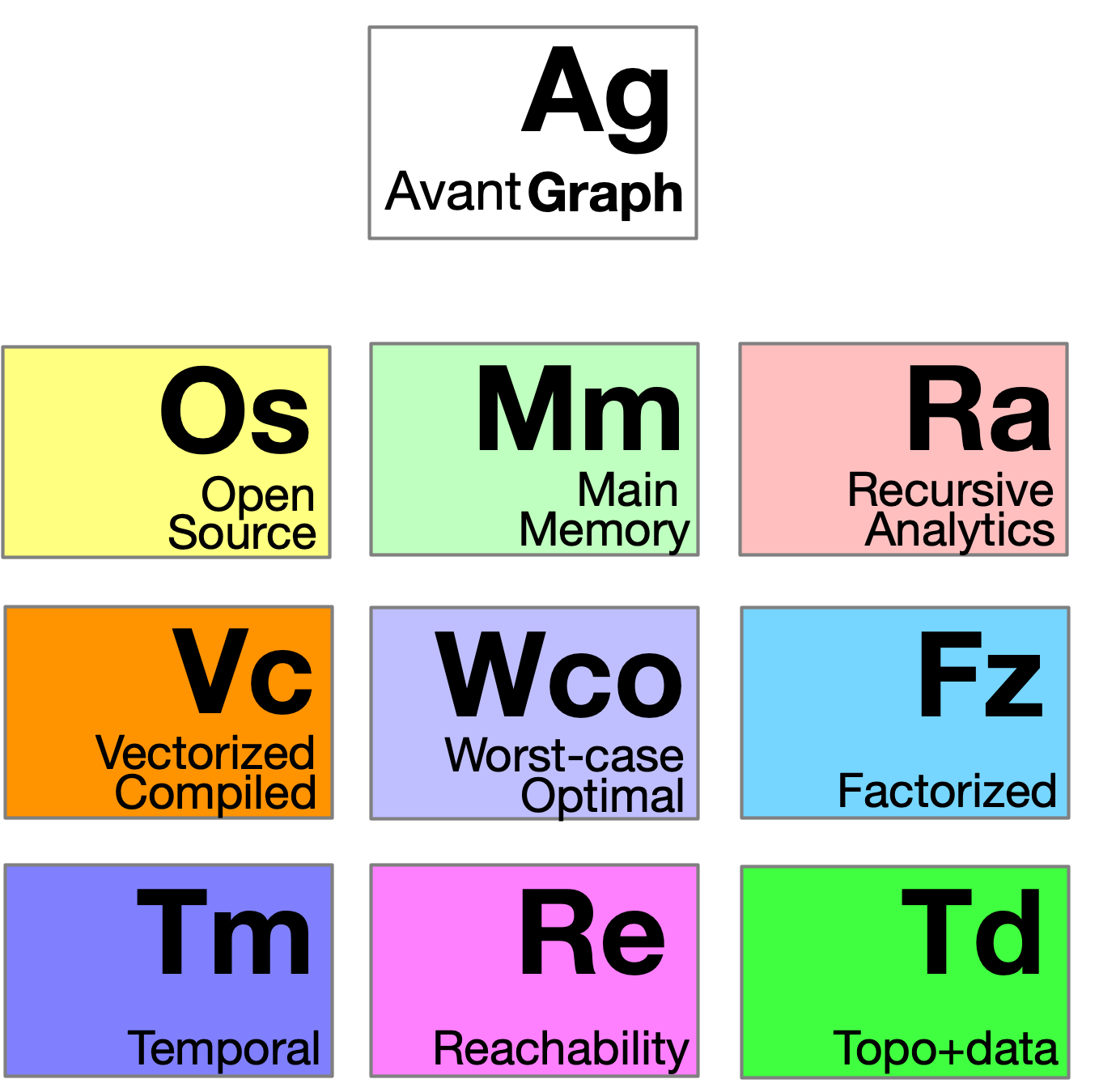Internship: Knowledge Graph Exploration and Management with 3D Visual Interfaces
Description

Graphs are quickly becoming the preferred model in storing data in many application domains such as social networks, encyclopedic, life sciences, telecommunications and others. Towards addressing this emerging need for efficient storage and analytics over massive graph data, Database group at TU Eindhoven is working on a novel open-source graph analytics engine AvantGraph [1]. AvantGraph aims to realize the latest research in massive graph management in a stand alone high-performance no-dependency C++ executable library.
Graph database technology is increasingly being used in management of knowledge graphs (KGs) which serve as repositories of domain knowledge of enterprises and practitioners alike. Indeed, flexibility that results from schema-light nature makes graph-based models attractive for representing human knowledge artifacts. However, this also makes KGs difficult to understand and explore as the number of stored artifacts increases and knowledge itself diversifies.
This internship aims to address the need for effective and efficient ways to navigate massiveKGs. We aim to explore how 3D visualization in principle and its associated tools can facilitate KG exploration and management. Part of this work will be performed in an AvantGraph C++ codebase and if, successful, will be a part of an AvantGraph open-source release.
Internship outline
Foundations:- Study of the fundamental logics of graph models such as RDF [3] and the Property Graph [2].
- Knowledge representation by using of different data structures and encodings.
- Study the basics of information visualization in 3-dimensional environments.
- Graph storage and its associated optimization.
- 3D visualization of graphs with Unity engine.
- Data layer support and optimization for primitives generated by the UI/UX and 3D-visualization.
[1] AvantGraph: the next-generation graph analytics engine, 2020.
[2] Renzo Angles, Marcelo Arenas, Pablo Barceló, Peter A. Boncz, George H. L. Fletcher, Claudio Gutierrez, Tobias Lindaaker, Marcus Paradies, Stefan Plantikow, Juan Sequeda, Oskar vanRest, and Hannes Voigt. G-CORE: A Core for Future Graph Query Languages. In SIGMOD. ACM, 2018.
[3] W3C. RDF 1.1 Concepts and Abstract Syntax, February 2014.
Details
- Student
-
WAWillem Aerts
- Supervisor
-
 Nick Yakovets
Nick Yakovets
- Company
- Database Group